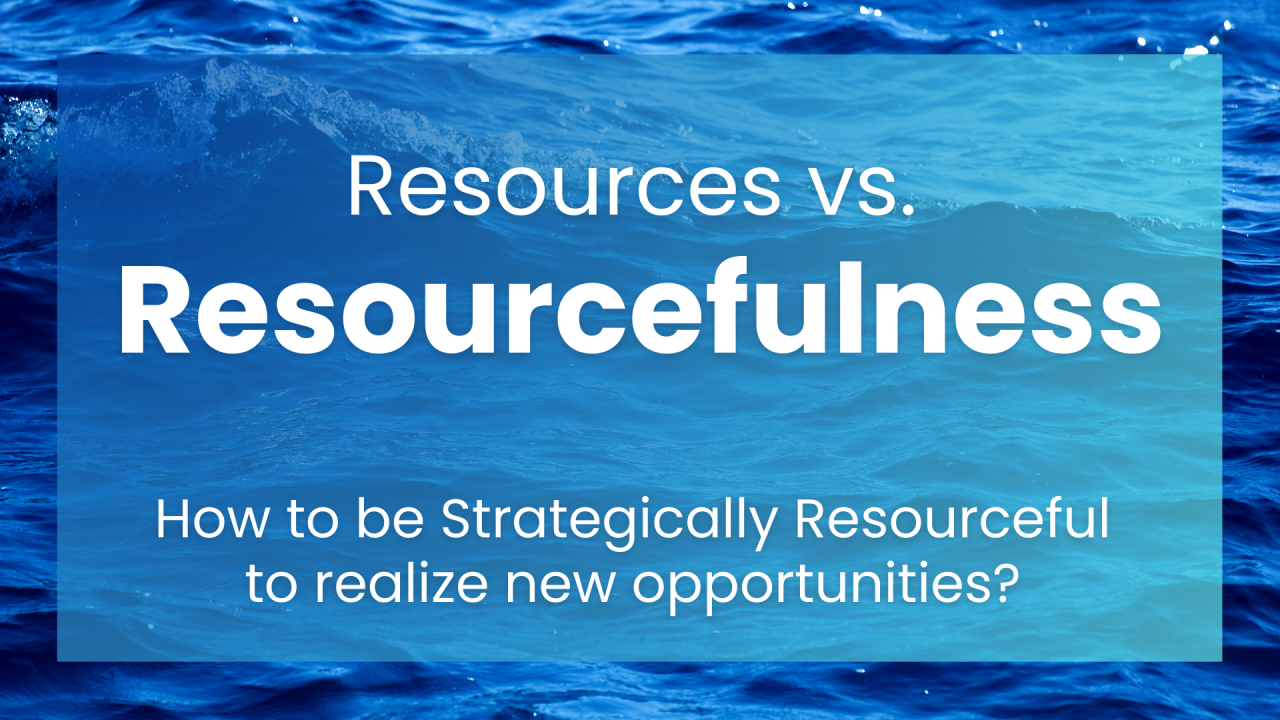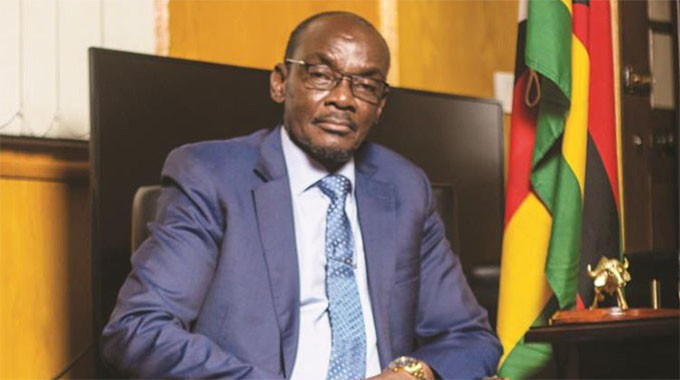
AS global markets grow more volatile and unpredictable, the world has much to learn from African business leader’s resilience playbook.
These leaders are teaching resilience to the world.
Resilience is not a buzzword in African businesses; it is a way of life.
For decades, leaders on the continent have thrived in environments marked by inflation, currency volatility, power shortages and limited access to capital.
What others may view as insurmountable roadblocks, African entrepreneurs and executives have turned into refining fires, shaping a unique and powerful brand of leadership.
Most of the entrepreneurs in the African set up have adopted the approach: “Use what you have to achieve what you want” because in many African economies, access to credit and infrastructure is not guaranteed.
This seems to work perfectly in most organisations, where leaders must innovate with what they have, not what they wish they had.
For example, entrepreneurs operate entire supply chains during loadshedding, blackouts or building global payment solutions like M-Pesa without waiting for a formal banking system to evolve.
- Schools demand 100% fees top-up
- Gwanda residents apprehend robbers
- Ex-UK envoy roasted over ED links
- Is teaching a profession or slavery?
Keep Reading
To achieve this level of resilience, expenses are kept at minimal and companies would thrive with a lean staffing model to perform tasks while keeping overheads low.
Management finds ways to optimise resources while being proactive to overcome obstacles.
When an organisation is being resourceful it tends to become innovative.
The managers are critical thinkers and come up with new ideas and strategies to drive the business’ bottom line.
The organisation can stay lean and agile.
A lean structure could be effectively managed to achieve desired outcomes.
This approach enables management to scale business operations with the available resources.
Resourcefulness helps simplify workflows by matching the right people to the right tasks at the right time.
When a company is resourceful, the rate of identifying and solving problems before they escalate is much higher.
Resourceful personnel tend to think ahead, stay flexible and find alternative solutions when they are faced with a crisis.
Employees tend to benefit from this approach as it focuses on giving the workforce freedom and autonomy to act and solve problems using available resources.
This, in turn, builds confidence in teammembers and makes them feel trusted and valued.
As a result, this leads to a better employee engagement and high morale.
This approach compels the workforce to be critical thinkers and to come up with strategies on how to cut down on unnecessary resource waste.
Businesses which are anchored on resourcefulness respond fast to changing priorities, customer demands or unexpected risks.
Whether it’s fuel shortages, new regulatory hurdles or sharp devaluation of the local currency, African leaders adapt in real time.
They have mastered the art of long term vision with short term agility.
In today's business landscape, it is important for companies to stay updated with the latest technology in order to maintain efficiency and cost-effectiveness.
The integration of technology has completely transformed how businesses operate providing them with the ability on how to automate tasks and streamline operations and cut down expenses.
The rise of AI and technology has enabled the companies to get information about the views, suggestions and concerns of customers in real time.
In countries where institutions may be weak or bureaucratic, inefficiency slows down progress.
African business leaders often build companies based reputation, relationships and relational capital.
Trust becomes a currency for building strong relationships, fostering collaboration, and achieving organisational goals.
It is not a foundational element that supports all the aspects of leadership.
There are a variety of strategies that a resourceful business can employ at the workplace to build trust and relationships.
Managers should consistently follow through on their commitments.
Trust requires predictability.
When a leader becomes unpredictable and does not stick to their word, the workforce will gradually lose trust in the leadership.
It is important for a manager to admit a mistake and amend mistakes when they are made.
Another important aspect of building trust is ownership of errors.
But when a leader commits a mistake and fails to apologize, then that leader is bound to lose trust from the subordinates.
Leaders must communicate with intelligence.
This is one of the key areas to build trust and it encompasses-self-awareness, social-awareness, self-management and relationship management.
However, when the manager is lacking in one of the areas, building a relationship becomes a challenge.
The management must recognise achievers and show gratitude by rewarding them.
It is also important not to share information which has been shared with you in confidence.
Community-centred leadership: Most African businesses are deeply tied to the community and their success is not measured by personal gain alone, but how many people you uplift along your journey.
These leaders are not distant figureheads, they are part of the social fabric.
This type of leadership creates loyalty, belonging ad multigenerational impact.
This is a leadership approach that priorities the concerns and the needs of the community.
It is grounded on serving, amplifying and stewarding a community by playing a social responsibility role.
In many western contexts, leaders wait for ideal conditions.
African leaders mostly create, while waiting, i.e. opening a store, before the license is approved.
These leaders do not wait for the license to be approved but gather resources and stock-material to start operating with what you have.
As the global market faces rising costs and digital disruption, the western world can no longer rely solely on structure, strategy and capital.
It must turn to what African leaders have perfected.
The principles of strength through struggle, innovation in adversity, and adaptability under pressure are not just survival tactics for African leaders; they are masterclasses in leadership.
The world would be wise to listen.
- Innocent Hadebe, with 25 years of experience and credentials as a John Maxwell certified business coach, serves as a trusted executive advisor through Innocent Leadership Group (ILG), empowering global leaders to think boldly, lead transformational change, and turn operational complexity into measurable success.










